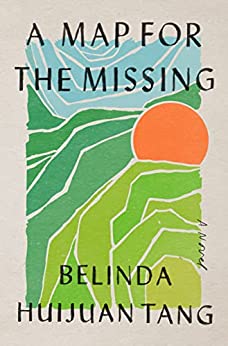More on this book
Community
Kindle Notes & Highlights
He was struck, now, by the house’s frank utility, so different from his American home that valued privacy and separation.
He’d been so confused the first time he’d heard that American phrase, living room, because all the real parts of living, of a life—the cooking, eating, sleeping—seemed to be pushed elsewhere behind yet another wall or door. The real living room, though they would never have called it that, was this room, in this old home.
Of all the words she could have used, lonely was a strange choice. The idea of loneliness implied a need for others. His father had never even demonstrated a feeling much simpler, that of regard.
Yitian could see that his mother’s back had straightened with pride.
What did they know? Yitian thought. His mother couldn’t even read, and Second Uncle would always be the town drunk, whatever he might have said he’d become.
“That’s why it’s lucky that I have a son like you, who sends me money. Otherwise, who would be here to look after me in my old age? Think about that for your own future. It’s so important to have children.”
This was the worst part of a death: that the dead could not collect on the balance they were owed, that they left all their burden to the living.
It was amazing, he’d thought back then, that an unchanging property of an object wasn’t only what was there, but also what wasn’t. It meant that if you could define what was absent, create a map for the missing, that was also a way of knowing a thing.
The things that’d happened in this city were still the essential and defining event of his father’s memory, even in its reduced state.


